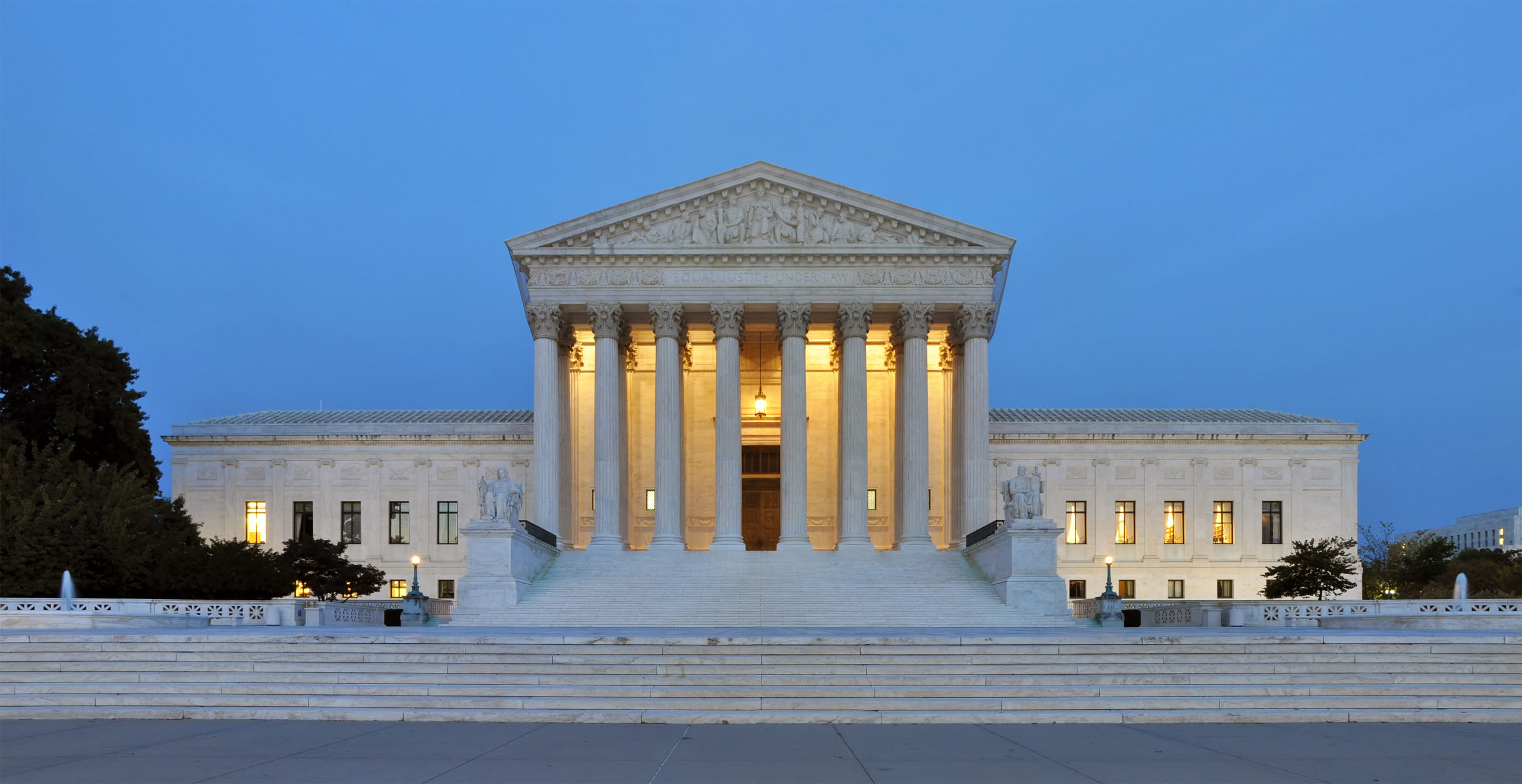On September 3, the Hindu American Foundation filed an amicus brief in Landor v. Louisiana Dept. of Corrections, which is being reviewed by the US Supreme Court this term. This case exemplifies how religious minorities often lack the protection promised by federal law, and their rights cannot be left to the mercy of prison officials.
When Mr. Landor was transferred to a new prison to finish the last three weeks of his sentence, prison officials pinned him down and shaved off the hair he had grown without cutting for 20 years as part of his Rastafarian beliefs. Even more shocking, this happened after Mr. Landor’s beliefs were accommodated without issue for almost all of his sentence and after he showed prison officials a court case requiring them to accommodate his beliefs. Mr. Landor’s case is alarming but not unique. Religious minorities face an uphill battle to access religious accommodations in the prison setting, even though they are entitled to accommodation under the Religious Land Use and Institutionalized Persons Act (RLUIPA).
The Supreme Court now has to answer a critical question: should an inmate whose religious rights are violated by prison officials be allowed to receive money damages? HAF believes the answer is easy: yes.
HAF Legal Director Needhy Shah commented:
“RLUIPA is all bark, no bite for inmates who belong to minority faiths and face endless challenges when seeking accommodations. It’s time to put the bite back in this law by holding prison officials accountable through money damages.”
Hindus have seen that RLUIPA’s promise of religious accommodation falls short. In Tripathy v. McKoy, a Hindu inmate has asked for Supreme Court review of his RLUIPA claim. Mr. Tripathy was ordered to participate in a prisoner rehabilitation program that required him to accept responsibility for the offense of which he was convicted. Mr. Tripathy maintained his innocence throughout his imprisonment and his conviction was later overturned. His participation in the program would have required him to make a false statement in conflict with his Hindu beliefs, therefore violating RLUIPA. Satya (truthfulness) is an important aspect of Hindu dharma (righteousness), but this is not widely known throughout the US or its prison system. Many aspects of Hindu belief and practice are not given the same weight as those from more widely understood religions throughout the country. HAF has repeatedly stepped in on behalf of Hindu inmates to explain Hindu beliefs and practices to prison officials, who usually know little to nothing about Hinduism. It’s time for RLUIPA remedies to catch up to this troubling reality.
The brief was prepared by Clinical Assistant Professor Christopher S. Ross at The Catholic University of America, Columbus School of Law.






































